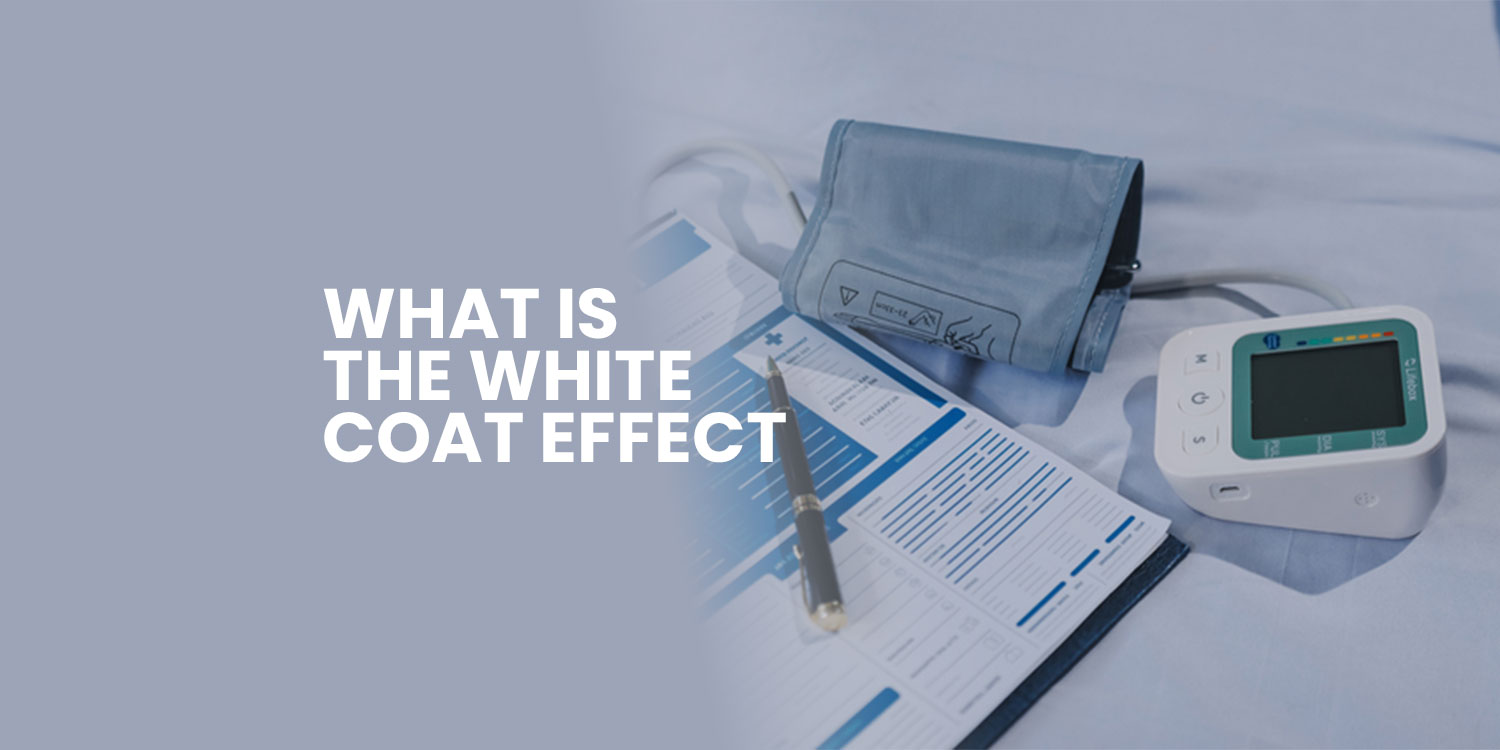Want to Look and Feel Like a Champion? Prioritize Your Sleep
Do you want to lose weight, improve your mood, and feel less pain? What if there was a simple, evidence-based strategy that could help you achieve all of that—and more? Good news: there is. Getting 7 to 9 hours of quality sleep each night can profoundly impact nearly every aspect of your health and well-being (Hirshkowitz et al., 2015).
The Sleep Myth That’s Holding You Back
We’ve all heard the phrase, “I’ll sleep when I’m dead.” It’s often said with pride, as though sacrificing rest is a mark of ambition and productivity. However, science tells a different story. Chronic sleep deprivation has been linked to poor cognitive performance, impaired memory, mood disturbances, and increased risk of chronic illnesses (Walker, 2017). Far from being a badge of honor, insufficient sleep is a hidden barrier to optimal health and peak performance.
Many people—including students and professionals—believe pulling all-nighters improves productivity. In reality, studies have shown that adequate sleep enhances memory consolidation, problem-solving, and learning (Diekelmann & Born, 2010). When you sleep well, you don’t just feel better—you perform better, too.

How Sleep Transforms Your Body and Mind
Weight Loss and Metabolism
Sleep plays a crucial role in regulating the hormones ghrelin and leptin, which control hunger and satiety. Lack of sleep increases cravings for high-calorie foods and can disrupt glucose metabolism, contributing to weight gain and obesity (Spiegel et al., 2004).
Mood and Mental Health
Inadequate sleep is associated with higher levels of stress, anxiety, and depression. On the other hand, consistent, high-quality sleep supports emotional regulation and mental resilience (Baglioni et al., 2016).
Pain and Recovery
During sleep, the body undergoes tissue repair and the release of growth hormone. Poor sleep can heighten pain sensitivity and slow down recovery from injuries or physical exertion (Finan et al., 2013).
Memory and Learning
Sleep is vital for memory consolidation and cognitive function. It helps the brain process new information and prepares you to learn more effectively the next day (Diekelmann & Born, 2010).

Make Sleep Your Superpower
Rather than viewing sleep as a luxury or an afterthought, make it a cornerstone of your daily routine:
- Stick to a schedule: Go to bed and wake up at the same time each day, even on weekends.
- Create a bedtime ritual: Engage in calming activities like reading or meditation before bed.
- Limit screen time: Avoid blue light from phones, tablets, and TVs at least one hour before sleep.
- Optimize your sleep environment: Keep your bedroom cool, quiet, and dark to promote restful sleep.
It’s time to stop treating sleep as something optional and start embracing it as a key to success. Prioritize rest, and you’ll soon discover that feeling like a champion starts with sleeping like one.

References
Baglioni, C., Battagliese, G., Feige, B., Spiegelhalder, K., Nissen, C., Voderholzer, U., … & Riemann, D. (2011). Insomnia as a predictor of depression: A meta-analytic evaluation of longitudinal epidemiological studies. Journal of Affective Disorders, 135(1–3), 10–19. https://doi.org/10.1016/j.jad.2011.01.011
Diekelmann, S., & Born, J. (2010). The memory function of sleep. Nature Reviews Neuroscience, 11(2), 114–126. https://doi.org/10.1038/nrn2762
Finan, P. H., Goodin, B. R., & Smith, M. T. (2013). The association of sleep and pain: An update and a path forward. The Journal of Pain, 14(12), 1539–1552. https://doi.org/10.1016/j.jpain.2013.08.007
Hirshkowitz, M., Whiton, K., Albert, S. M., Alessi, C., Bruni, O., DonCarlos, L., … & Adams Hillard, P. J. (2015). National Sleep Foundation’s sleep time duration recommendations: Methodology and results summary. Sleep Health, 1(1), 40–43. https://doi.org/10.1016/j.sleh.2014.12.010
Spiegel, K., Tasali, E., Penev, P., & Van Cauter, E. (2004). Sleep curtailment in healthy young men is associated with decreased leptin levels, elevated ghrelin levels, and increased hunger and appetite. Annals of Internal Medicine, 141(11), 846–850. https://doi.org/10.7326/0003-4819-141-11-200412070-00008
Walker, M. (2017). Why We Sleep: Unlocking the Power of Sleep and Dreams. Scribner.




